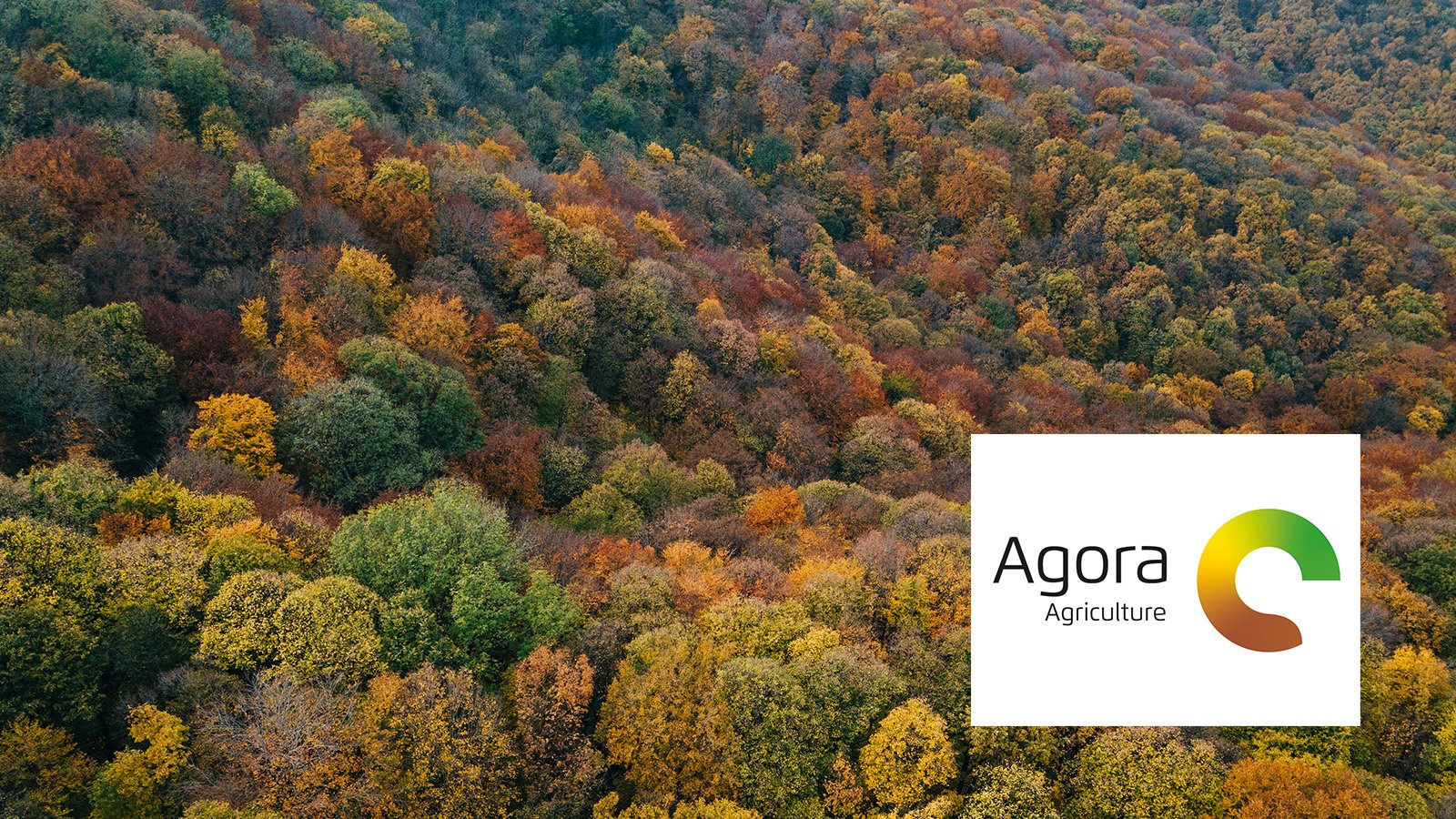“It’s high time that we acted”
Land use and food production are supposed to become climate-neutral in Europe by 2050 – that’s what the European Commission declared in its Green Deal. In our interview, Senior Vice President Global Issues Ottilie Bälz explains why this requires a fundamental shake-up of the agricultural sector and how the newly-founded “Agora Agriculture. The think tank for food, agriculture and forestry” can contribute to achieving this.
What is the goal of “Agora Agriculture”?
Ottilie Bälz: Agriculture in Germany and Europe is a major contributor to the emission of climate-harmful gases and thus to climate change. According to the Intergovernmental Panel on Climate Change (IPCC), ten percent of emissions in Europe were attributable to agriculture last year: to methane generated by livestock breeding and to nitrous oxides released from soils used for agricultural purposes – a consequence of using nitrogen fertilizers. In addition, intensive farming has led to reduced biodiversity. At the same time, agriculture and forestry are directly impacted by the consequences of climate change such as heavy rainfall and droughts. In other words, it is high time that we acted! However, to set in motion the reforms needed in the areas of food, agriculture, and forestry, and to drive forward their implementation at the political level, we require a broad social consensus. That is why we joined forces with other European foundations to set up Agora Agriculture.
What will be its job?
On the basis of current research, it will draft concrete proposals for political measures in Germany and at the EU level and attempt to convince policy-makers, farmers, industry, and society to invest in the agricultural transition. By bringing together the various interest groups, it will address potential conflicts of interest and organize support for reforms. Furthermore, it will contribute to an informed and critical public debate about the future of our land use and food system.
Why is the Foundation supporting the institution?
With its European Green Deal and its “Farm-to-Fork” and Biodiversity strategies, the European Commission has presented ambitious plans for a just transition to climate-neutral and environmentally-friendly land use and food production. However, these plans have so far not been translated into the Common Agricultural Policy (CAP), this being the central financial and administrative framework at EU level. Reasons include the conflicting interests of various groups of actors, but also a lack of agreement between EU member states.
Over the next few years, it is crucial that the national strategic plans for agriculture in the member states are drawn up in a climate-friendly manner and that consensus is achieved concerning the urgent need for this agricultural transition. Only on this basis will it be possible to change the political framework conditions at EU level when the CAP undergoes its next reform in 2027. We firmly believe that Agora Agriculture will be able to play an important part in this by combining current research, strategic communication, and participatory dialog formats.
We were additionally motivated by the fact that the new think tank is supported by a consortium of different German and European foundations. Because the funding for Agora Agriculture comes solely from philanthropic sources, its independence in terms of content and political orientation is guaranteed.
Looking ahead five years, what do you hope that Agora Agriculture will achieve?
Agora Agriculture is the latest addition to the Berlin-based family of Agora think tanks. The Agora Energiewende, Agora Verkehrswende and Agora Industry think tanks have quickly earned themselves an excellent reputation among experts, in industry, and in the political arena, and are highly successful in helping to pave the way to a climate-neutral society. I hope that Agora Agriculture will have established itself by then as the think tank for food, agriculture, and forestry in Germany and will be recognized by different interest groups as an actor that promotes an objective and scientifically founded discussion of the transformation in these sectors. With two extremely well-networked experts at its helm, the agricultural scientists Professor Dr. Harald Grethe and Dr. Christine Chemnitz, the ideal prerequisites for achieving this have been created. I hope it will prove possible to bring about a social consensus of the need for political reforms – and that the first results will be visible in Germany and will be taken into consideration at the EU level when the CAP is reformed.
Learn more
Project web pageAgora Agriculture - The Think Tank for Food, Agriculture and Forestry.

